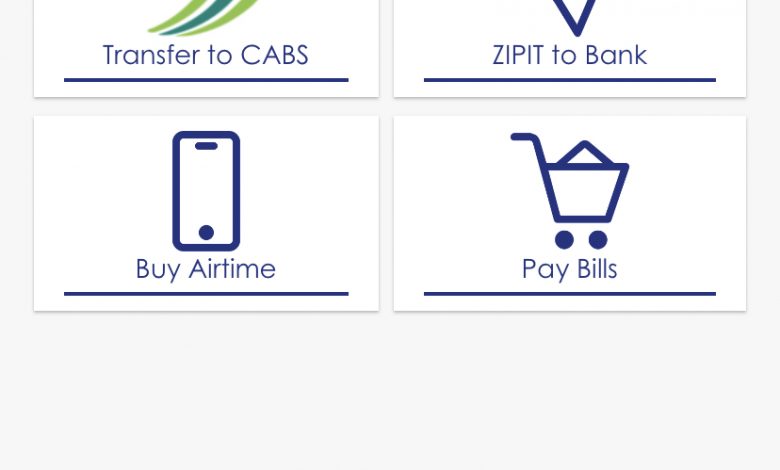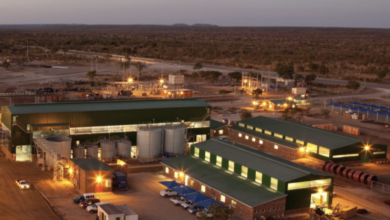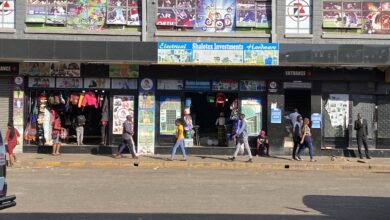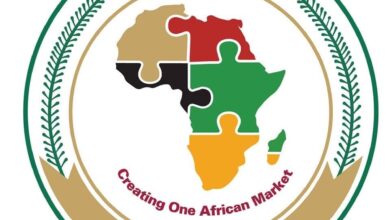Infamous 2% tax, Or a necessity?

Talk of tax is like talking about a distant relative who you are supposed to know but make no effort to reach out to. With tax, there is knowledge of its existence and in most cases that is as far as it goes.
The government of Zimbabwe through the Ministry of Finance and Economic Development introduced the 2 cents per dollar per transaction tax in October 2018.
This Intermediate Monetary Transfer Tax (IMTT) is payable on electronic transfers with some exemptions.
It was introduced with the aim of taxing the previously untaxed informal businesses. Containing the budget deficit and improving revenue expansion was also the tax’s target, call it a double edged sword if you may.
This came with a lot of backlash from different stakeholders in business and the transacting public. However, the government was adamant to make it stay and now people have learnt to live with it.
So, since we have it, what has the revenue collected been used for so far?
Since its introduction in October 2018 to May 2019, majority of the funds raised by the IMTT was used to fund health care and the Basic Education Assistance Module (BEAM).
Road construction, water and sanitation projects were also made possible by funds from the 2% tax as well as the widespread devolution that has been in place for more than a year now.
According to the Minister of Finance and Economic Development, Mthuli Ncube, it has turned the nation’s perennial budget deficit to surplus. In 2020, there was a budget surplus which was deployed towards social protection and emergency needs during drought and disaster. I am sure we remember that time!
It was also used for development of key infrastructure like roads and bridges. Remember how we all started seeing roads being fixed left right and center, yep, that’s the money.
This was also during the first wave of COVID-19 and the devastating Cyclone Idai and some funds from the IMTT was used to mitigate these disasters.
Funds from the tax were channelled to financing of food relief programs and subsidies for the ZUPCO transport revival. The transport system that was defunct for years was slowly brought back to life, which is still an ongoing process.
Minister Ncube made it clear that payment of this tax is painful, but necessary and that it would not go anywhere any time soon as it is vital in rebuilding the nation and its economy.
If you sit down and take a mental note of what has been done since its inception, you just might start to warm up to it. It is everyone’s hope this tax would be reduced in the long run because nobody likes paying taxes despite them being a necessity.
There is much to be done regarding growing the government’s coffers and Zimbabwe needs to diligently work towards this.




